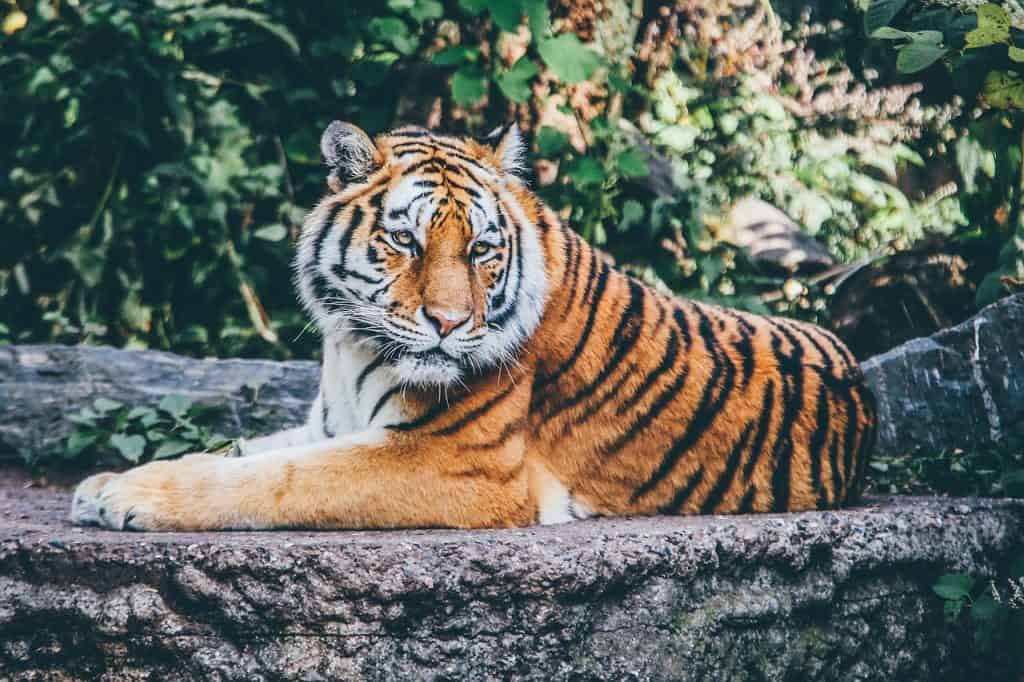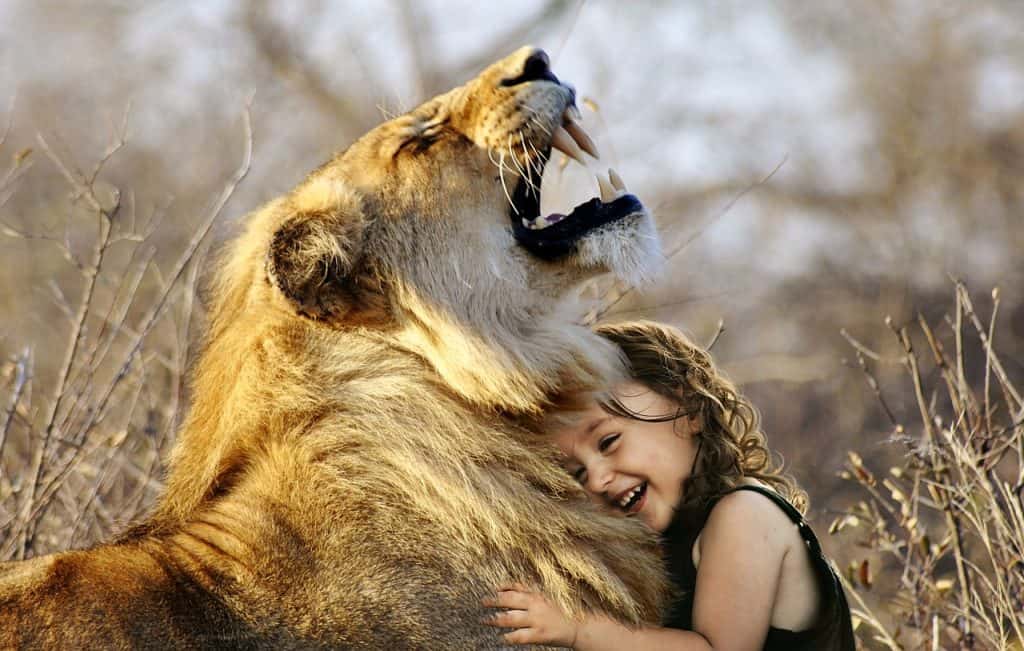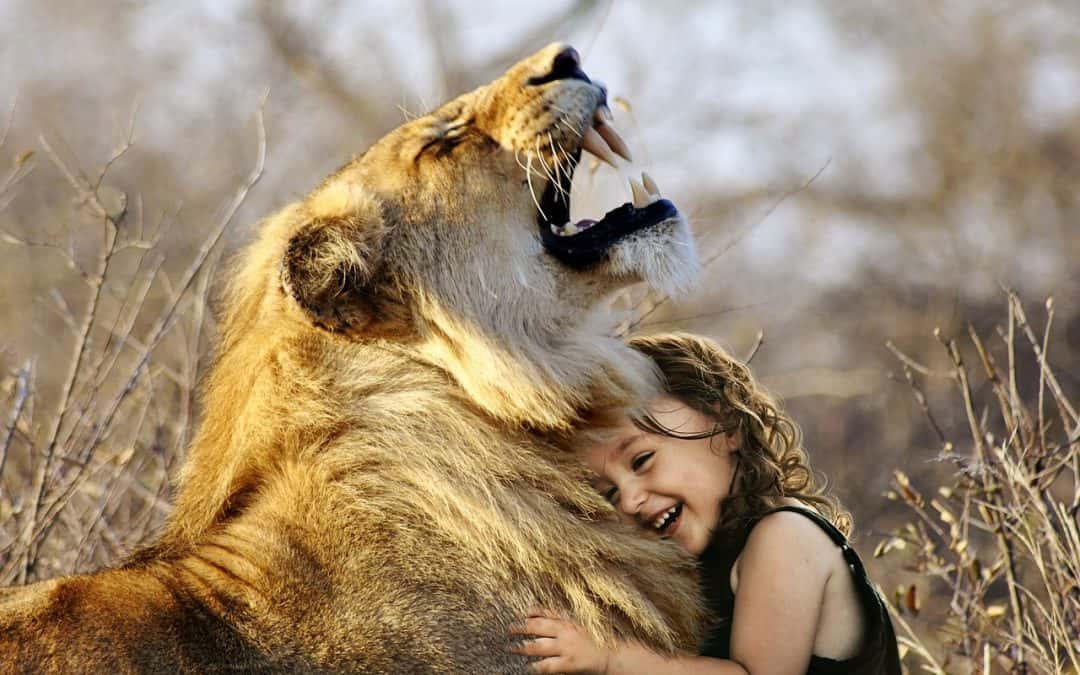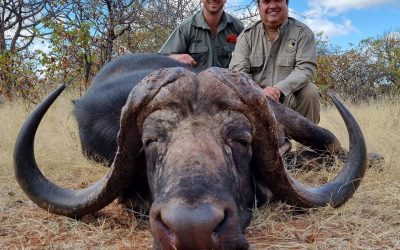So you’re planning a hunting trip to Africa, and you’re wondering if you can hunt from a vehicle. Well, the answer to that question is not as straightforward as you might think. Hunting regulations in Africa can vary greatly from country to country, and even within different regions of the same country. While some areas may allow hunting from a vehicle under certain conditions, others may strictly prohibit it. In this article, we will explore the factors that determine whether you can hunt from a vehicle in Africa, providing you with the information you need to plan your hunting adventure accordingly.

Regulations on hunting from a vehicle in Africa
Overview of hunting regulations
When it comes to hunting from a vehicle in Africa, there are various regulations in place to ensure the safety of hunters, the conservation of wildlife, and the preservation of natural habitats. These regulations differ from country to country, so it’s essential to research and understand the specific rules of the region you plan to hunt in.
Specific countries and their regulations on hunting from a vehicle
Different African countries have different regulations regarding hunting from a vehicle. For example, in South Africa, hunting from a vehicle is generally prohibited, except for specific circumstances such as hunting dangerous game. In Botswana, hunting from a vehicle is strictly regulated, and hunters must adhere to specific guidelines. Other countries like Namibia and Zimbabwe also have their own rules and regulations.
Permits and licenses required
To hunt from a vehicle in Africa, you typically need to obtain the necessary permits and licenses. These permits may include a hunting permit, a firearm license, and a vehicle permit. It’s crucial to follow the legal process and obtain these documents before embarking on your hunting trip. Failure to comply with the permit requirements can result in legal consequences.
Conservation concerns related to hunting from a vehicle
Hunting from a vehicle can raise concerns regarding conservation. It is essential to remember that hunting is regulated to ensure the sustainable management of wildlife populations. When hunting from a vehicle, it is crucial to prioritize the protection of endangered and vulnerable species, as well as respect the natural habitat in which they reside. Responsible hunters understand the importance of sustainable practices and contribute to the conservation efforts in Africa.
Advantages and disadvantages of hunting from a vehicle
Advantages of hunting from a vehicle
Hunting from a vehicle offers several advantages for hunters. Firstly, it allows for increased mobility and the ability to cover a larger area, increasing the chances of spotting game. Secondly, it provides a safe and secure platform for hunters, protecting them from potentially dangerous encounters with wildlife. Lastly, hunting from a vehicle can be more comfortable, especially during long hours spent in the field.
Disadvantages of hunting from a vehicle
Despite the advantages, hunting from a vehicle also has its disadvantages. One of the primary disadvantages is the diminished hunting experience in terms of the challenge and skill required. Hunting from a vehicle removes the physical and mental demands associated with tracking and stalking animals on foot. Additionally, relying heavily on vehicles may lead to a disconnect from nature, as hunters may miss out on the subtle nuances of the environment.
Ethical considerations
Ethical considerations arise when discussing hunting from a vehicle. Some argue that hunting from a vehicle can result in a lack of fair chase and respect for the animal being hunted. Others believe that it is unethical to take advantage of the ease and convenience provided by vehicles, as it reduces the level of skill and effort required for successful hunting. It is essential for hunters to reflect on their personal values and ethics before deciding on their preferred hunting method.
Types of game commonly hunted from a vehicle
Big game animals
When it comes to hunting from a vehicle in Africa, big game animals such as lions, elephants, buffalos, and leopards are often targeted. These animals require specialized hunting techniques and strict adherence to regulations. Hunting these majestic creatures can be a thrilling experience, but it is crucial to ensure their conservation and sustainable management.
Small game animals
Small game animals such as impalas, warthogs, and dik-diks are also commonly hunted from a vehicle in Africa. These animals offer exciting hunting opportunities, and hunting from a vehicle can help cover more ground in search of them. However, responsible hunters must prioritize ethical practices and sustainable hunting practices to prevent overhunting and protect the delicate balance of ecosystems.
Birds and waterfowl
Bird hunting, including waterfowl, is another popular activity in Africa. Species such as guinea fowl, francolin, ducks, and geese can be hunted from a vehicle. Hunting birds from a vehicle can provide better visibility and increased chances of success. However, hunters should be mindful of the impact on migratory bird populations and ensure they adhere to relevant regulations and hunting seasons.
Vehicles used for hunting in Africa
Safari jeeps and trucks
Safari jeeps and trucks are commonly used for hunting in Africa. These vehicles are designed to withstand rugged terrains and provide a comfortable and secure platform for hunters. The open-top design of many safari vehicles allows for better visibility, making it easier to spot game. However, it is crucial to respect the wildlife and their habitats by adhering to designated tracks and minimizing disturbance.
Off-road vehicles
Off-road vehicles are also popular for hunting in Africa, particularly in regions with challenging terrain. These vehicles are equipped with specialized features such as four-wheel drive and high ground clearance, allowing hunters to navigate rough terrains and access remote areas. However, it is crucial to minimize the impact on the environment and stick to designated tracks to avoid damaging delicate ecosystems.
Hunting-specific vehicles
Some hunters opt for hunting-specific vehicles, which are customized and equipped to meet specific hunting needs. These vehicles may include modifications such as roof-mounted shooting racks, gun safes, and storage compartments for hunting gear. While these vehicles can enhance the hunting experience, it is essential to prioritize safety, responsible hunting practices, and the preservation of the natural habitat.

Safety precautions when hunting from a vehicle
Keeping firearms secured
One of the most critical safety precautions when hunting from a vehicle is ensuring firearms are securely stored. Firearms should be unloaded and kept in a designated gun safe or secured rack when not actively used. Proper firearm handling and storage practices minimize the risk of accidents and ensure the safety of everyone involved.
Avoiding accidental discharge
Accidental discharge of firearms can have severe consequences, posing risks to both hunters and bystanders. When hunting from a vehicle, it is crucial to handle firearms with utmost care and follow proper firearm safety protocols. Hunters should always keep the muzzle pointed in a safe direction, finger off the trigger until ready to shoot, and ensure the safety is engaged when not actively hunting.
Respecting wildlife and their habitats
Respecting wildlife and their habitats is not only crucial for ethical hunting but also for ensuring personal safety. Disturbing wildlife or encroaching on their territories can lead to dangerous encounters. When hunting from a vehicle, it is important to maintain a safe distance and avoid triggering aggressive behavior. Additionally, sticking to designated tracks minimizes human impact on fragile ecosystems.
Guided hunting safaris and vehicle use
Importance of professional hunting guides
Guided hunting safaris are a popular choice for many hunters in Africa. Professional hunting guides play a crucial role in ensuring safety, compliance with regulations, and the overall success of the hunting experience. Their expertise in tracking, game behavior, and knowledge of the local area enhances the chances of a successful hunt while also providing valuable insights into the region’s wildlife and conservation efforts.
Roles and responsibilities of guides
Hunting guides have several roles and responsibilities when it comes to vehicle use during guided safaris. They are responsible for navigating the terrain, identifying suitable hunting areas, and ensuring the safety of both hunters and wildlife. Guides also play a crucial role in educating hunters about the local regulations, ethical hunting practices, and the importance of conservation.
Vehicle use during guided hunting safaris
During guided hunting safaris, vehicles are often used for transportation between different hunting locations. They provide a convenient means of covering extensive areas, increasing the chances of spotting game. However, it’s important for guides and hunters to strike a balance between vehicle use and the opportunity for more traditional hunting methods. This ensures a well-rounded hunting experience while respecting the environment and promoting sustainable practices.

Alternatives to hunting from a vehicle
Traditional walking and stalking
Walking and stalking involve hunting on foot, tracking and observing game, and making a well-placed shot. This method requires a high level of skill, patience, and knowledge of animal behavior. It allows hunters to connect more intimately with nature and develop a deeper understanding of the environment. Choosing to walk and stalk instead of hunting from a vehicle provides a more challenging and immersive hunting experience.
Hunting from blinds and hides
Hunting from blinds and hides involves setting up concealed locations and waiting for game to come within range. This method requires careful planning, knowledge of the animal’s behavior, and patience. Hunting from blinds and hides can be effective for targeting certain species and allows for a closer connection with the environment. It is often chosen as an alternative to hunting from a vehicle due to the increased challenge and reliance on natural camouflage.
Hunting on horseback or on foot with dogs
Hunting on horseback or on foot with the assistance of trained dogs adds another level of excitement and challenge to the hunting experience. This method is commonly used for pursuing game such as hares, foxes, and other small game species. It combines the thrill of the chase with a deeper connection between hunter, dogs, and the natural surroundings. Choosing this approach offers a more dynamic and engaging hunting adventure.
Impact of hunting from a vehicle on the hunting experience
Level of challenge and skill involved
Hunting from a vehicle generally reduces the level of physical and mental challenge associated with tracking and stalking game on foot. The ability to cover greater distances and use the vehicle as a vantage point can make spotting game easier. However, this convenience can diminish the skill required for a successful hunt. Choosing to hunt from a vehicle may provide a different experience for hunters, where the focus lies more on marksmanship than on the pursuit of game.
Role of tracking and scouting
Tracking and scouting are essential aspects of hunting, enabling hunters to locate and anticipate the movements of game. When hunting from a vehicle, tracking and scouting may be less prominent, as the focus shifts more towards using the vehicle’s mobility and height to locate game. However, responsible hunters can still incorporate tracking and scouting into their hunting routine to enhance the overall experience and deepen their understanding of game behavior.
Connection with nature and the environment
For many hunters, the connection with nature and the environment is a significant part of the hunting experience. Hunting from a vehicle can sometimes create a sense of detachment from the natural surroundings, as the focus is primarily on maneuvering and spotting game. However, by actively seeking opportunities to immerse oneself in the environment, appreciate its beauty, and respect its inhabitants, hunters can still foster a deep connection with nature, regardless of the hunting method chosen.
Controversies surrounding hunting from a vehicle
Conservation concerns
One of the primary controversies surrounding hunting from a vehicle revolves around its potential impact on conservation efforts. Critics argue that hunting from a vehicle can lead to overhunting and the depletion of wildlife populations. While regulations and ethical hunting practices aim to address these concerns, ensuring responsible hunting practices and minimizing the impact on endangered and vulnerable species remains a crucial aspect of hunting in Africa.
Ethical debates
Ethical debates concerning hunting from a vehicle often center around the concept of fair chase. Some argue that hunting from a vehicle removes the element of skill and effort required for hunting, resulting in a less ethical hunting experience. Others contend that it is possible to hunt ethically from a vehicle by adhering to hunting regulations, practicing selective harvesting, and prioritizing the sustainability of wildlife populations.
Legal and cultural perspectives
The legality and cultural acceptance of hunting from a vehicle vary across different regions and countries in Africa. It is important to understand and respect the local laws and cultural norms surrounding hunting practices. By adhering to legal requirements, consulting local authorities, and engaging in open dialogue, hunters can foster a more inclusive and positive hunting environment.
Conclusion
When it comes to hunting from a vehicle in Africa, there are various factors to consider. Personal preferences, value systems, and hunting goals all play a role in determining the most suitable hunting method. It is crucial to strike a balance between personal satisfaction, conservation efforts, and ethical hunting practices. By exploring alternative hunting methods, understanding hunting regulations, and prioritizing sustainable hunting practices, hunters can contribute to the preservation of Africa’s wildlife and natural habitats while enjoying a fulfilling hunting experience.











